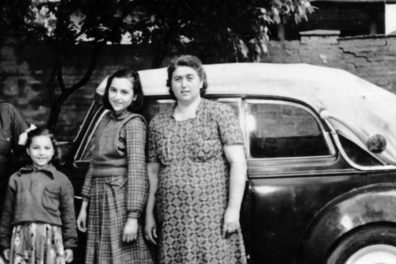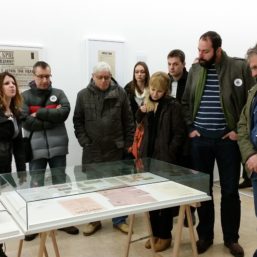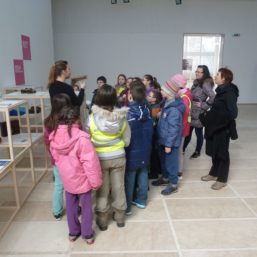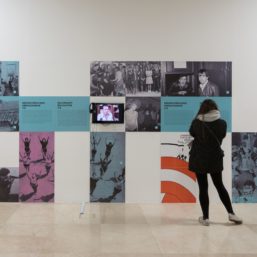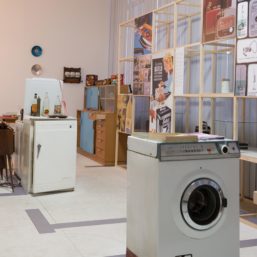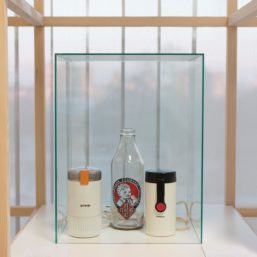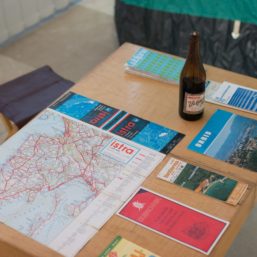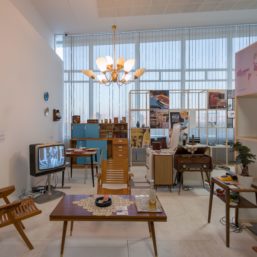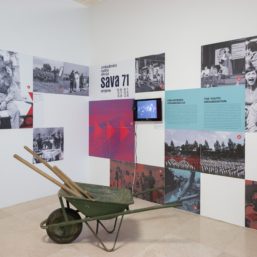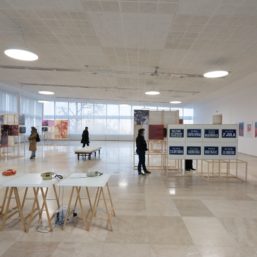They Never Had It Better?
27.12.2014-17.02.2015
May 25 Museum - Exhibition Space (Left)
May 25 Museum - Exhibition Space (Right)
May 25 Muesum - The upper lobby
The formal opening of the exhibition They Never Had It Better? focusing on the modernization of everyday life in socialist Yugoslavia and showcasing the phenomenon of everyday life, spare time and leisure will be held on December 27th (formerly Pioneers Day) at 1 pm at the Museum of Yugoslav History (MYH). The project resulted from research covering the period from 1950 to 1990. The display will feature more than 200 objects, 400 photographs and 26 video clips, giving an authentic insight into life in socialist Yugoslavia.
The exhibition has been conceived by Ana Panić, curator at the Museum of Yugoslav History. The collaborators on this project and authors of the accompanying essays are Igor Duda, PhD, professor of history at History Subdepartment of the Department of the Humanities, Juraj Dobrila University of Pula and co-founder of the Centre for Cultural and Historical Research of Socialism and Ivana Dobrivojević, PhD, research fellow at the Institute for Contemporary History in Belgrade. Researchers and experts from all over the former Yugoslavia contributed to the project, which will include museum, archive, library and film material belonging to other institutions from Serbia and the region.
They Never Had It Better? seeks answers to the questions of whether Yugoslavs found well–being and how, when and why they lost it. It examines the nature of the education system and cultural and social life and aims to identify the segments of life where the leap towards modernization was the most pronounced. The target groups for which the exhibition is intended are broad, but particular importance is given to young people who have no personal memories of Yugoslavia and perceive the past through the stories they hear in their families and the often distorted portrayal of the recent past in the media, films, literature, computer games and social media.
The exhibition will interpret and show sources and printed material (ideological and political and propaganda reading, magazines specializing in topics related to spare time, yearbooks, professional journals on tourism, as well as tourist guides) and analyse the ways in which everyday life is represented in design, popular culture, media, political parlance, laws and other legislation regulating work and spare time, photographs, postcards, TV shows, films and objects belonging to everyday life.
The goal of the project is also to establish a more intensive interaction with the audience by inviting visitors to bring their own items belonging to the period in question, recount their memories of life in the era of socialism and take an active part in content creation and commenting in social media.
The exhibition will be open until February 17th, 2015. A rich and diverse accompanying programme will be organized at the Museum of Yugoslav History (children’s workshops, theatre plays, guided tours of the exhibition led by celebrities, lectures, launches, etc.), while guided tours led by the authors of the exhibition are scheduled to be held on Saturdays at 1 pm.
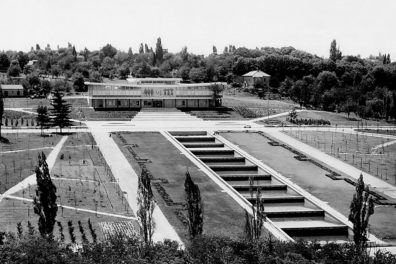
The Origins: The Background for Understanding the Museum of Yugoslavia
Creation of a European type of museum was affected by a number of practices and concepts of collecting, storing and usage of items.
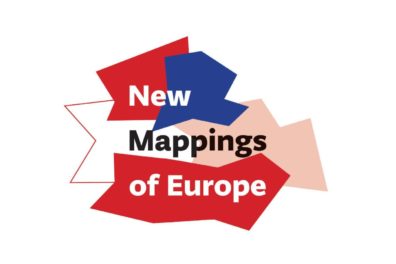
New Mappings of Europe
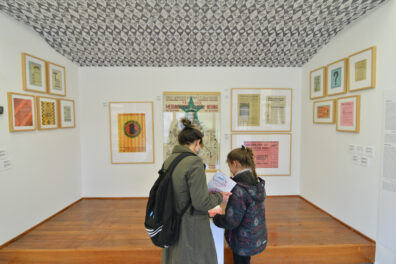
Museum Laboratory
Starting from the Museum collection as the main source for researching social phenomena and historical moments important for understanding the experience of life in Yugoslavia, the exhibition examines the Yugoslav heritage and the institution of the Museum
